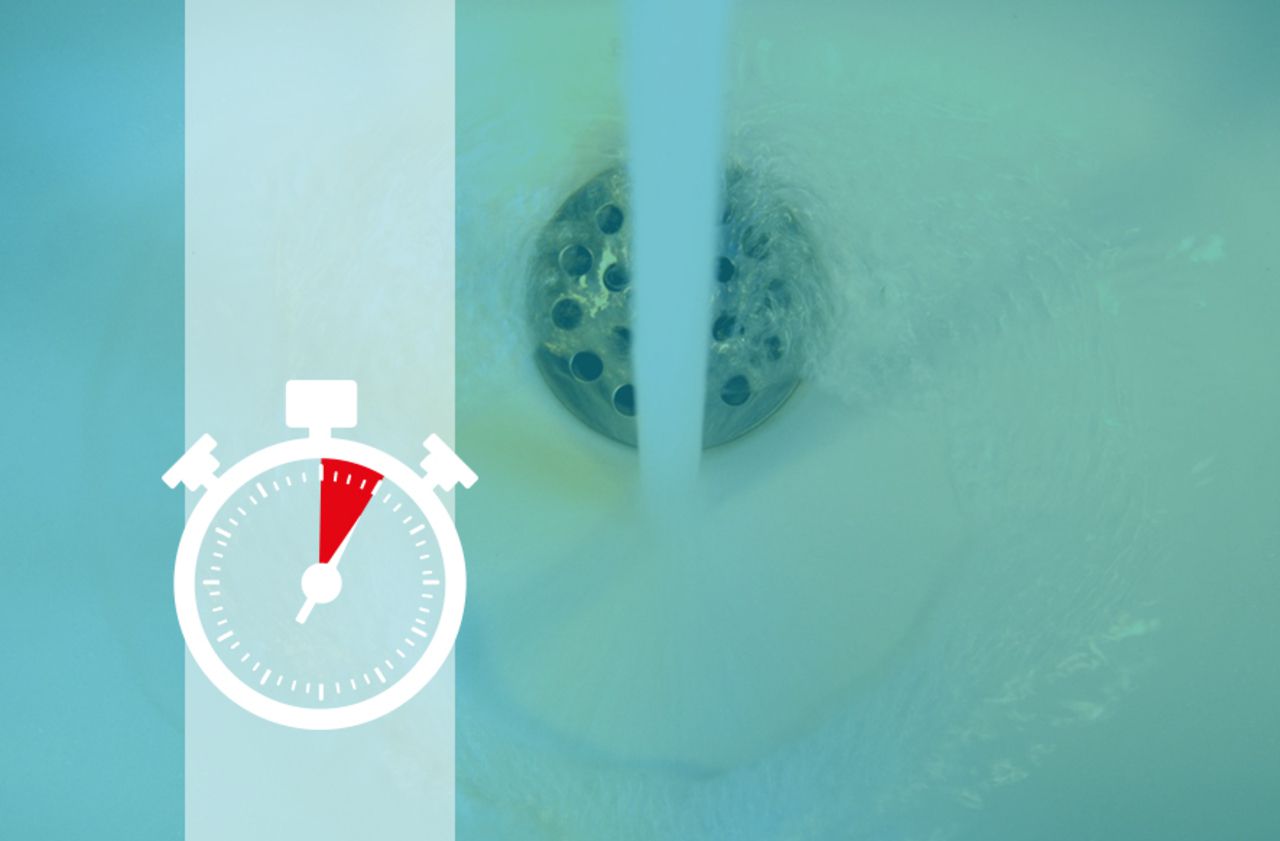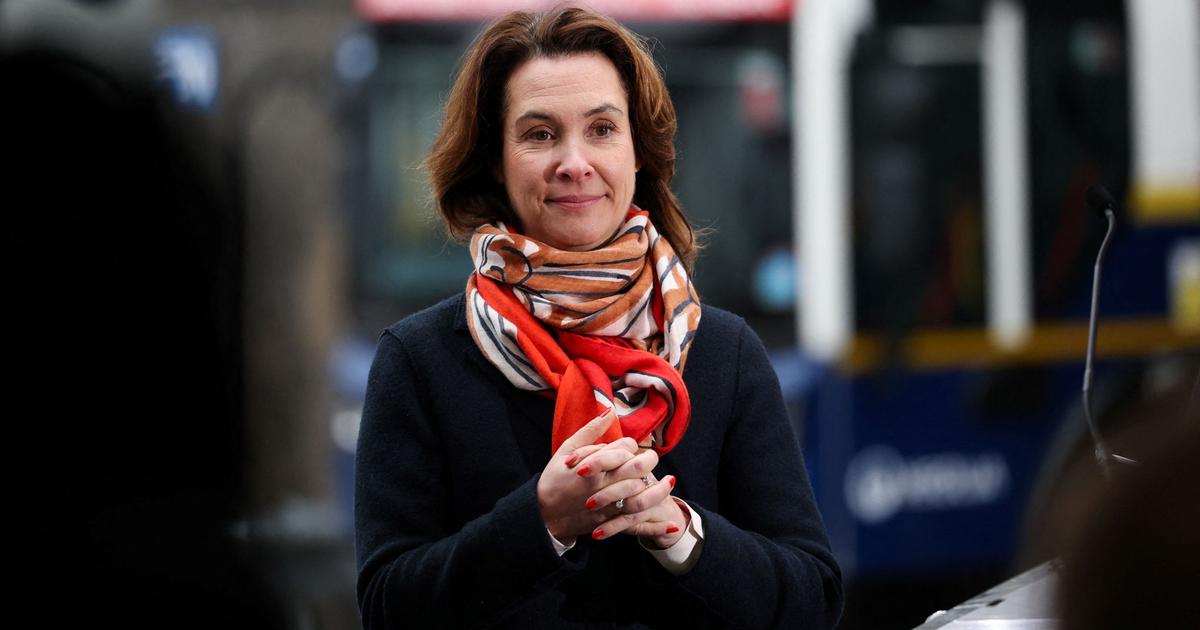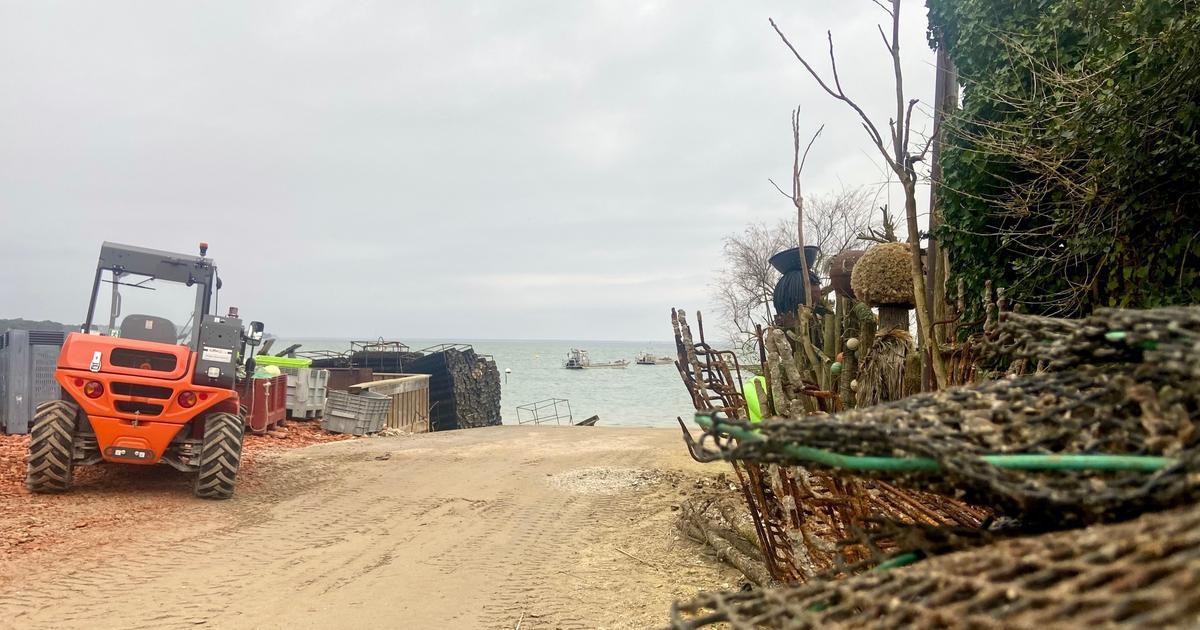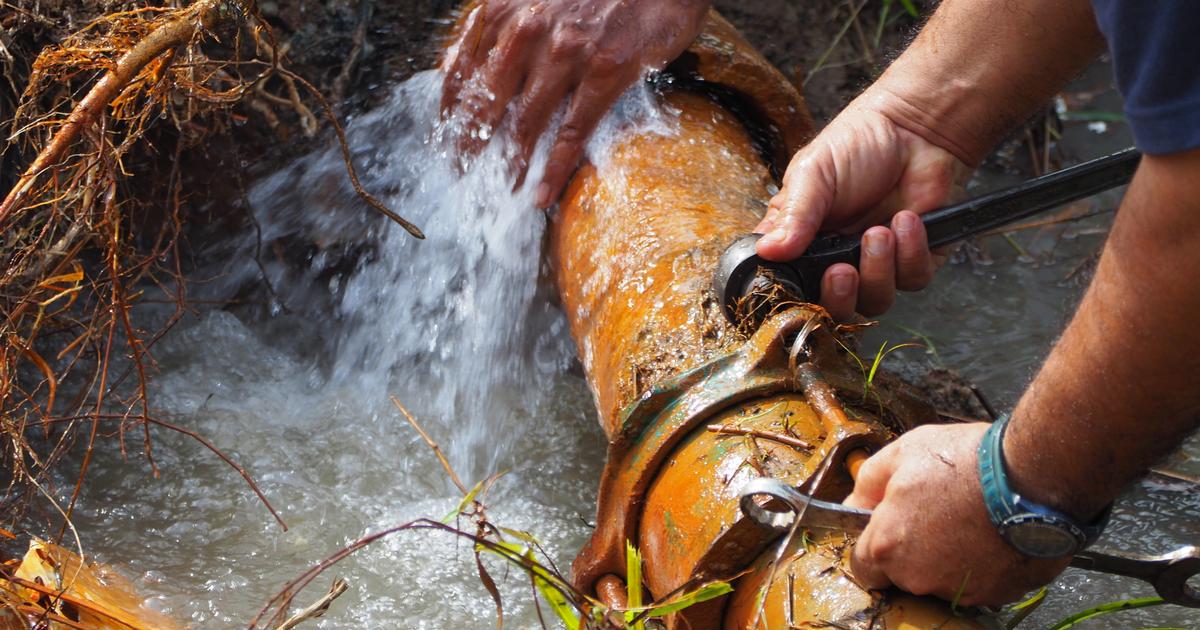It is a relentless hunt between two French behemoths, world leaders in "environmental services", which has now been going on for over a month.
In the costume of the hunter, Veolia, world number 1, 180,000 employees.
In the skin of game, Suez, number 2, 90,000 employees.
Since the end of August, the first has been launched in pursuit of the second, armed with a double trigger rifle: the buyout of the shares of its competitor held by Engie, first of all, the threat of a takeover bid on the rest of the actions then.
What is Veolia looking for?
Why is Suez resisting?
What can the state do?
We explain the ins and outs of this XXL "marriage", without mutual consent.
What is the “playing field”?
We are in the world of water and waste treatment.
The water that flows through our taps - and that goes back into the sewers - is transported and treated in France either by Veolia, or by Suez, or by Saur, a third player, or directly by municipal authorities.
The first two represent more than 50% of the drinking water market, and account for 44.3% of that of collective sanitation.
In parallel with this “historic” activity, they have both diversified in recent years in the management and recycling of waste.
The world market for what are more generally called environmental services is estimated at 1,400 billion euros annually.
Who are the protagonists and what do they want?
Veolia, the “purchaser”.
Long named Générale des Eaux, it is the world number one in the sector.
In addition to water and waste, the company specializes in the management of energy flows.
Antoine Frérot, its CEO, is at the head of a workforce of nearly 180,000 people around the world.
The Caisse des Dépôts et Consignations, the State therefore, is its largest shareholder, with 5.7% of the capital.
What does Veolia want?
While the environmental services market is booming, Veolia would like to swallow Suez to merge the offer of the two companies and consolidate its leadership position in the sector.
Bertrand Camus (Suez, on the left) and Antoine Frérot (Veolia, right) do not give each other gifts during their various speeches on this burning issue.
AFP / Joël Saget
Suez, the "target".
When in 2008, the two energy groups GDF and Suez merged, the water and waste activities of the second were transferred to a subsidiary then named Suez environnement.
Renamed Suez, simply, in 2015, when its parent company GDF Suez became Engie, this subsidiary is today the largest distributor of drinking water in the world, in terms of households distributed.
Number 2 in environmental services, the company employs 90,000 people, is chaired by Philippe Varin and managed by Bertrand Camus.
What does Suez want?
In the midst of the “strategic plan”, Suez says he fears “operational disruptions” resulting from this merger, and also plays the card of threats to employment, resulting from the synergies necessarily created.
Finally, we should not underestimate the fool's game that takes place to raise the stakes when this type of “unsolicited” offer falls.
READ ALSO>
Who would benefit from a merger between Veolia and Suez?
Engie, the "seller".
Before, it was simple.
EDF supplied electricity and GDF gas.
Today, it is more complicated: GDF, which became GDF Suez, then Engie, has become, like its competitor, a supplier of both gas and electricity.
Engie is even one of the world leaders in energy, excluding oil.
23.6% owned by the State, it owns 32% of Suez.
Newsletter "It pays me"
The newsletter that improves your purchasing power
I'm registering
Your email address is collected by Le Parisien to enable you to receive our news and commercial offers.
Learn more
What does Engie want?
In 2018, rumors swirled about a possible merger between the gas giant and electrician and Suez, but Engie ultimately did not touch his participation.
Two years later, we are no longer talking about marriage, but divorce.
Should we keep Suez or focus on energy activities?
This question was in particular at the heart of the internal struggles that the number 1, Jean-Pierre Clamadieu, and number 2, Isabelle Kocher have waged in recent months.
The latter finally landed in the spring, the first announced in July that it was "open" to a transfer.
Veolia could then polish its weapons.
The State, "spectator"?
The French state has a majority neither in Veolia nor in Suez, but is on the other hand the reference shareholder of Engie.
He cannot therefore be the arbiter but his opinion weighs, especially since at the end of the story, the main customers are the local communities, which have every interest in what the competition plays in order not to see prices soar.
What does the state want?
The State is obviously not against an industrial champion but demands an agreement of the parties and guarantees on employment.
"We are waiting for guarantees on water prices" warned for his part in our columns the secretary general of the Association of Mayors of France.
Ardian, the “chef's surprise”.
Born in 1996, Ardian has become the main French investment fund, with more than 100 billion in assets under management to date.
What does Ardian want?
He made a surprise appearance in the case by making a competing offer to Veolia, which was ultimately abandoned.
Where we are ?
Kick-off.
The first shot was launched on August 30, even if Antoine Frérot claims to have telephoned his counterpart Bertrand Camus and warned the government of his intentions in previous weeks.
That day, Veolia gave Engie a firm offer of 2.9 billion euros to buy 29.9% of Suez.
Why 29.9 and not the 32 that Engie has?
Because from 30% of capital held, it would be necessary to trigger a takeover bid, more regulated and longer.
But Veolia is considering a merger, via a takeover bid on the rest of the shares in a second step.
Veolia provides an envelope - 10 billion -, the guarantee to sell the water branch of Suez to the investment fund Meridiam so as not to be accused of monopoly, and imposes a deadline: September 30.
READ ALSO>
Takeover of Suez by Veolia: "The price of water will not increase"
Mixed reception.
The reception is icy on the Suez side - Bertrand Camus evokes a “hostile” operation and the unions fear a social breakdown - rather mixed on the Engie side for whom “the account is not there” - and quite good on the public authorities side - Castex judging that the operation "makes sense".
Counter attack.
While the positions in each camp hardened, pushing Bercy to procrastinate, Suez released on September 24 a parade that no one had seen coming: the transfer of its Water France activity to a foundation in the Netherlands, non-transferable for four years, unless otherwise decided by the directors appointed by Suez.
A “pitiful” shelter, denounces Veolia, which does not give up however.
Veolia's gesture and Ardian surprise.
At the end of September, Veolia raised its offer to 3.4 billion euros and undertook, for that price, not to file any hostile takeover bids on the 70.1% of the capital remaining in the following six months.
Suez closes the door, especially as a surprise offer, deemed more friendly, is made by the Ardian investment fund.
But Engie, qualifying this approach as a “vague sign of interest”, is clearly more interested in the new offer from Veolia, from which a deadline until October 5 is requested.
On the 4th, Ardian threw in the towel.
Veolia: 1 - Suez: 0.
On October 5, the majority of Engie's board of directors approves Veolia's offer.
A snub for the State, whose representatives voted against "in the absence of an amicable agreement between Veolia and Suez".
What now?
The day after this first victory for Veolia, the pill does not pass to Suez, where the management squarely mentions the possibility of suing Engie.
“We must not give in to emotion and stay in reality,” replies Jérôme Clamadieu, who says he is confident in the ability of the two camps to find common ground… once the actions have been transferred.
Another obstacle for Veolia, the antitrust.
Anticipating its future monopolistic situation in the water sector in France, the giant had already found a buyer for Suez water, in order to avoid a veto from the Competition Authority.
It now remains to find how to keep the waste management market competitive, particularly in France, where the concession system.







/cloudfront-eu-central-1.images.arcpublishing.com/prisa/NVICYEXN5FGNNGINGZUKRWHQJU.JPG)







